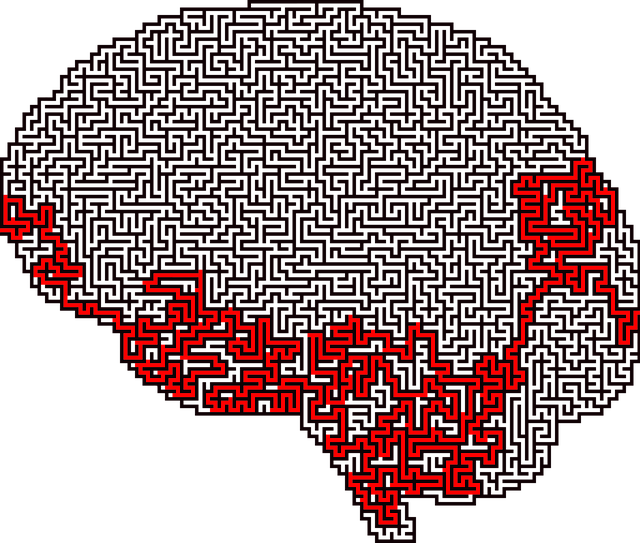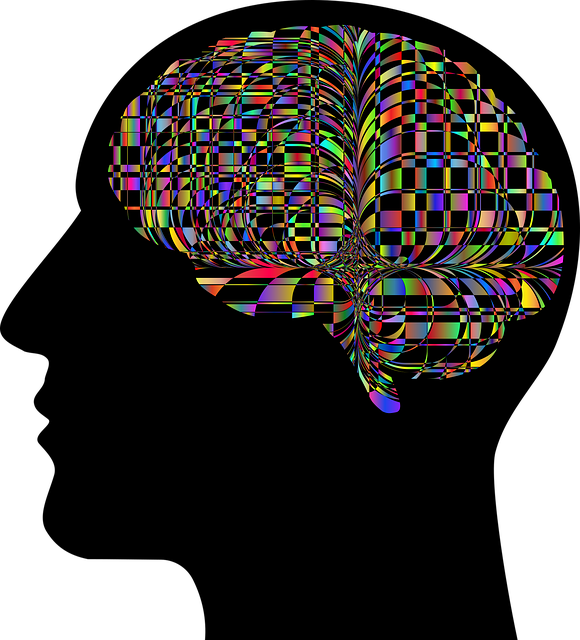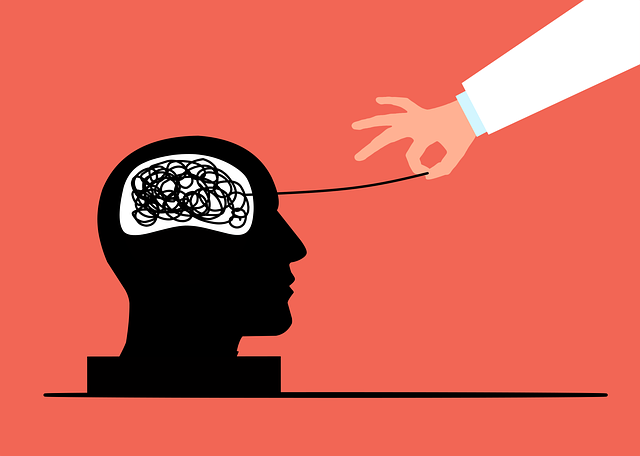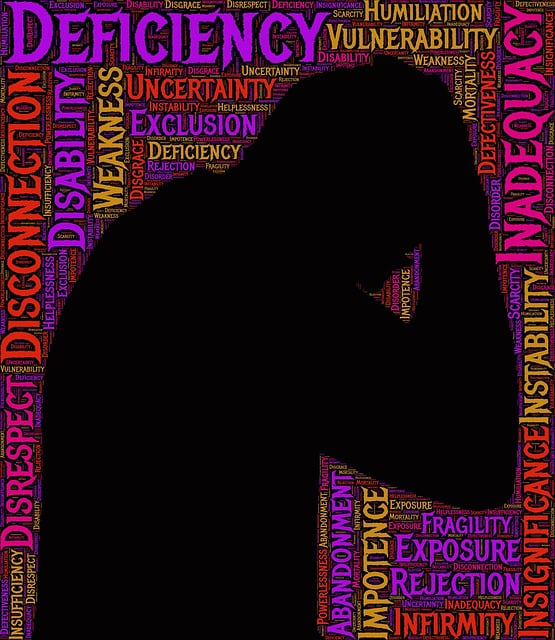Emotional Intelligence (EI), once overlooked, is now recognized as a vital asset for success and well-being in today's fast-paced world. Centennial Independent Medical Evaluations Therapy plays a crucial role in promoting EI by providing unbiased assessments and personalized therapy interventions that enhance self-awareness, emotional management, and empathy. Through these methods, individuals can build resilience, improve relationships, make informed decisions, and experience profound personal transformation, all while leveraging tools like Mental Wellness Journaling Exercises for introspection and stress relief.
Emotional intelligence (EI) is a pivotal 21st-century skill, as recognized by the long-term benefits it offers in personal and professional spheres. This article delves into the understanding and significance of EI, exploring its impact on individual growth. We dissect everyday manifestations of EI and present practical strategies for enhancement. Furthermore, we highlight the role of therapy and independent medical evaluations as comprehensive approaches to developing emotional intelligence.
- Understanding Emotional Intelligence: The Centennial Perspective
- Why Build Emotional Intelligence? Unlocking Personal Growth
- Recognizing Emotional Intelligence in Daily Life
- Strategies for Enhancing Emotional Intelligence
- The Role of Therapy in Developing Emotional Intelligence: A Comprehensive Approach with Independent Medical Evaluations
Understanding Emotional Intelligence: The Centennial Perspective

Emotional intelligence (EI), once considered a soft skill, has now gained centennial recognition as a crucial aspect of personal and professional success. This shift is partly attributed to the increasing emphasis on mental health awareness and the demand for effective coping mechanisms in today’s fast-paced world. Centennial Independent Medical Evaluations have played a pivotal role in this transformation by providing unbiased assessments that facilitate tailored therapy interventions.
Understanding EI involves recognizing one’s own emotions, managing them effectively, and empathizing with others. Building resilience through self-awareness exercises is a key component of enhancing EI. Additionally, stress management techniques, often taught in therapy settings, empower individuals to navigate emotional challenges more adeptly. By integrating these practices into daily routines, people can foster healthier relationships, make better decisions, and lead more fulfilling lives.
Why Build Emotional Intelligence? Unlocking Personal Growth

Building emotional intelligence (EQ) is a powerful tool for personal growth and overall well-being, especially in today’s fast-paced world. It allows individuals to understand and manage their own emotions effectively, fostering better relationships with others. This skill set goes beyond simple empathy; it empowers people to navigate complex social interactions and make thoughtful decisions. By enhancing EQ, individuals can improve their communication, resolve conflicts more constructively, and boost their resilience in the face of challenges, including those often encountered in therapy or mental wellness podcast series production.
Centennial Independent Medical Evaluations Therapy recognizes the significance of emotional intelligence as a key component of mental health and well-being. Unlocking personal growth through EQ development can lead to profound changes. It helps individuals cultivate compassion, both for themselves and others, which is a cornerstone of many successful trauma support services and compassion cultivation practices. This journey of self-discovery and understanding can be transformative, enabling folks to embrace their emotions, build stronger connections, and lead more fulfilling lives.
Recognizing Emotional Intelligence in Daily Life

Recognizing emotional intelligence (EI) isn’t always straightforward, but it’s a vital skill to develop, especially when seeking Centennial Independent Medical Evaluations Therapy. In daily life, EI manifests in our interactions with others and ourselves. For instance, a healthcare professional with high EI will not only accurately identify a patient’s emotions but also understand their underlying causes, offering tailored Trauma Support Services that consider the individual’s unique circumstances. This sensitivity is crucial, especially when navigating complex mental health issues.
Cultural Sensitivity in Mental Healthcare Practice plays a significant role here. Effective therapists recognize and appreciate diverse cultural backgrounds, ensuring that Emotional Well-being Promotion Techniques are inclusive and respectful. By recognizing EI in these subtle ways, individuals can foster healthier relationships, improve communication, and ultimately enhance their overall emotional resilience, prompting them to seek professional help when needed.
Strategies for Enhancing Emotional Intelligence

Building emotional intelligence (EI) is a multifaceted process that involves developing self-awareness, managing emotions effectively, and empathizing with others. Centennal Independent Medical Evaluations Therapy offers valuable guidance in this journey. One effective strategy to enhance EI is cultivating positive thinking. By focusing on optimistic thoughts and reframing negative experiences, individuals can improve their emotional regulation skills. This, in turn, fosters better decision-making and strengthens relationships.
Additionally, regular Mental Wellness Journaling Exercises can significantly contribute to EI development. Dedicating time to reflect on emotions, triggers, and responses allows for deeper understanding of one’s feelings and behaviors. This introspection provides crucial insights needed to address underlying issues. Moreover, journaling serves as a practical tool for burnout prevention by offering an outlet for stress relief and promoting self-care practices.
The Role of Therapy in Developing Emotional Intelligence: A Comprehensive Approach with Independent Medical Evaluations

Emotional intelligence (EI) is a multifaceted skill that can be honed and enhanced through various means, one of which is therapy. Centennial Independent Medical Evaluations (IMEs) play a pivotal role in this process by providing comprehensive assessments and tailored strategies for personal growth. These evaluations go beyond mere diagnosis; they offer insights into an individual’s emotional landscape, helping to identify areas where EI development can flourish.
Therapy sessions, guided by skilled healthcare providers, become dynamic learning environments. Through cultural competency training, individuals gain tools to navigate complex interpersonal interactions with heightened awareness and empathy. Stress reduction methods are also integral, teaching clients to manage emotional responses effectively. Moreover, public awareness campaigns about the benefits of EI can further motivate people to seek therapy, fostering a culture where emotional intelligence is valued and cultivated.
Emotional intelligence, as a 21st-century skill, has proven to be a game-changer in personal and professional growth. The article has explored various facets of this concept, from its historical roots to practical strategies for enhancement. In today’s complex social landscape, building emotional intelligence through therapy, especially with the support of independent medical evaluations, can help individuals navigate relationships, manage stress, and foster meaningful connections. This holistic approach, centennially informed, ensures a comprehensive understanding and sustainable development of emotional intelligence.









